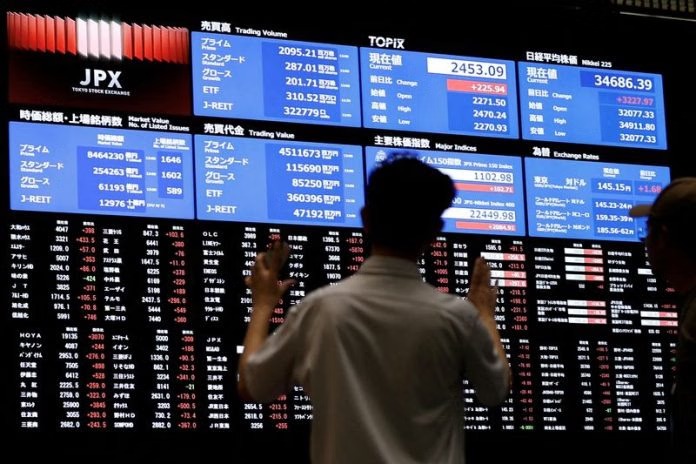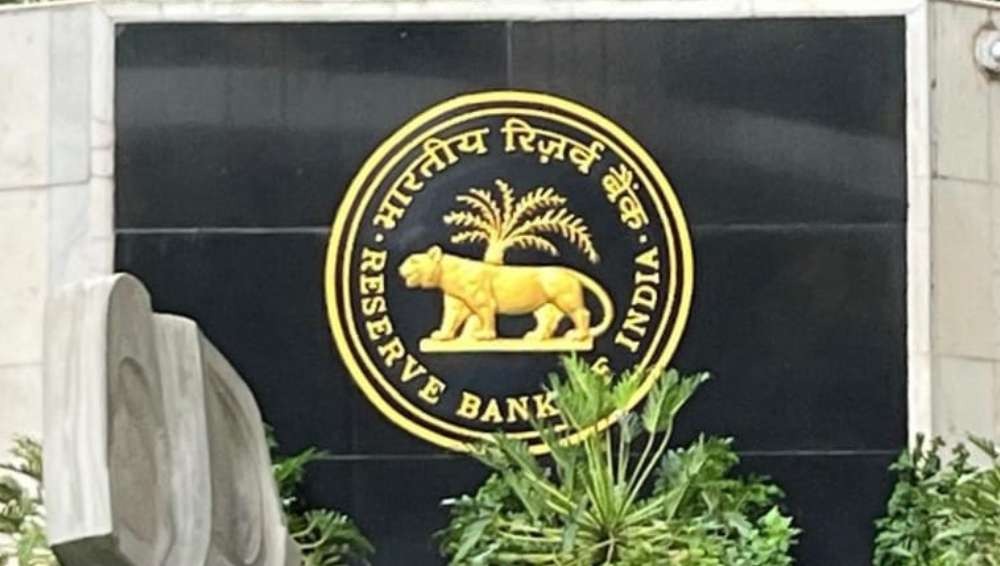 Image Source: The Print
Image Source: The Print
European stock futures opened the week in the red, with key indices showing mild declines amid cautious investor sentiment and mixed global economic signals. Futures for the EuroStoxx 50, Germany’s DAX, and the UK’s FTSE 100 all edged lower in early Monday trading, reflecting a wait-and-watch approach as markets digest the implications of potential U.S. Federal Reserve rate cuts and slowing global growth.
At 9:00 AM CET, EuroStoxx 50 futures were down 0.25%, DAX futures slipped 0.28%, and FTSE 100 futures dipped a marginal 0.02%. The subdued movement comes after a week of modest gains across European equities, buoyed by softer-than-expected U.S. inflation data and growing expectations of monetary easing in September.
Market Snapshot: A Cautious Start
The decline in futures suggests investors are treading carefully as they await further clarity on central bank policy trajectories. The EuroStoxx 50, which tracks blue-chip stocks across the eurozone, has been particularly sensitive to global macroeconomic cues. Last week, it posted a 0.96% gain, supported by strong earnings from travel and energy firms.
Germany’s DAX, Europe’s largest and most influential index, fell 0.13% on Friday despite upbeat corporate results from industrial giants. The index has been weighed down by concerns over Germany’s sluggish manufacturing sector and weak export data, which continue to reflect the broader slowdown in the eurozone’s economic engine.
Meanwhile, the FTSE 100 in London remained relatively flat, reflecting the UK’s mixed economic outlook. While inflation has moderated, consumer spending remains tepid, and the Bank of England’s policy stance remains hawkish compared to its European counterparts.
U.S. Rate Cut Expectations Drive Sentiment
One of the key drivers of European market sentiment has been the evolving outlook for U.S. monetary policy. The latest Consumer Price Index (CPI) data from the U.S. showed core inflation rising less than expected, prompting speculation that the Federal Reserve may cut interest rates as early as September. Futures markets now price in a 94% probability of a rate cut, which has lifted global equities and weakened the dollar.
For European investors, a U.S. rate cut could mean a more favorable environment for risk assets, especially in emerging markets. However, it also raises questions about the sustainability of growth in the U.S., which remains a key export destination for European manufacturers.
Global Growth Concerns Linger
Despite the optimism around rate cuts, concerns about global growth continue to cast a shadow over European markets. China’s recent economic data showed weaker-than-expected industrial output and retail sales, raising fears of a slowdown in the world’s second-largest economy. This has direct implications for European exporters, particularly Germany, which relies heavily on Chinese demand for machinery and automobiles.
Additionally, geopolitical tensions in the Middle East and Eastern Europe remain unresolved. Norway’s sovereign wealth fund, one of the largest in the world, recently announced a partial divestment from Israeli companies amid the ongoing Gaza conflict, signaling rising investor sensitivity to geopolitical risks.
Sector Watch: Energy, Travel, and Utilities
Among individual sectors, energy stocks have remained resilient, supported by stable oil prices and strong earnings from companies like E.ON and Shell. Travel firms such as TUI have also posted solid results, benefiting from a surge in summer bookings across Europe.
Utilities, however, have shown mixed performance. E.ON, despite beating profit expectations, saw its stock remain flat, reflecting investor caution amid regulatory uncertainty and rising input costs.
Outlook: Eyes on Central Banks and Data
Looking ahead, investors will be closely watching upcoming economic data releases, including eurozone inflation figures and PMI readings. Central bank commentary, particularly from the European Central Bank (ECB) and the Bank of England, will also be pivotal in shaping market direction.
While the short-term outlook remains cautious, the broader trend suggests that European equities could benefit from a more accommodative global monetary environment—provided geopolitical risks and growth concerns are managed effectively.
Sources: CNBC, DeepNewz, Euronext
Advertisement
Advertisement





